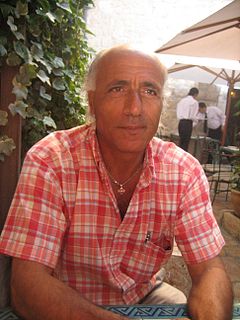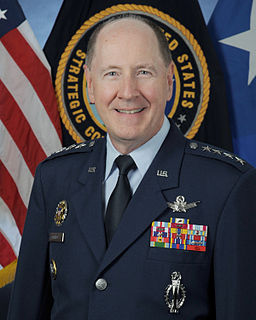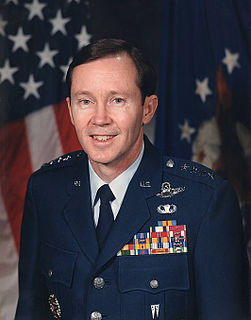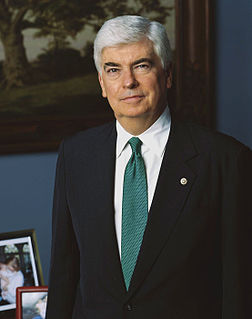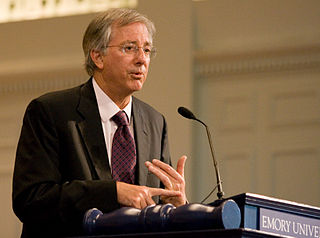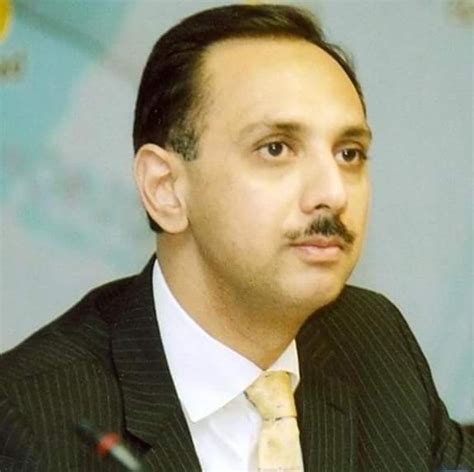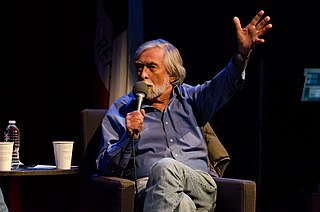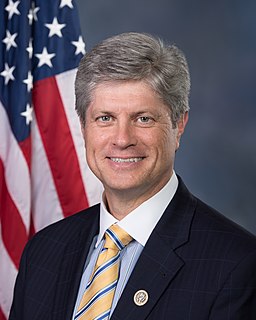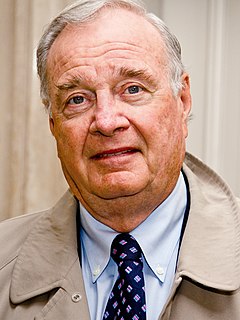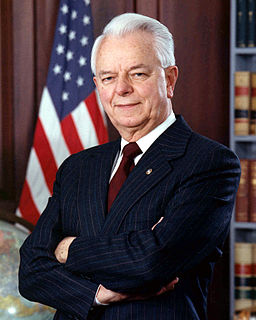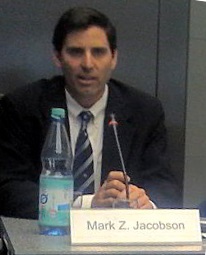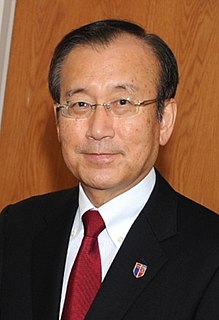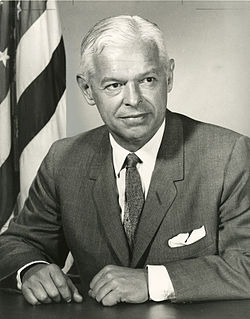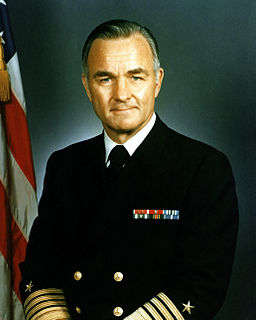Top 1200 Nuclear Weapons Quotes & Sayings - Page 3
Explore popular Nuclear Weapons quotes.
Last updated on April 20, 2025.
Five million Jews are regarding me as a traitor, but six billion people around the world think me as a hero and a good man who bring the message to all the human beings that we should survive and prevent the use of nuclear weapons and to prevent the nuclear preparations and to prevent nuclear war in the future.
American envoys came to see me before the crisis in Iraq and asked me to say that there were nuclear weapons in Iraq. I refused. They even told me that things would go well for Belarus in terms of investments, etc. All I had to do was to support them. I told them that I couldn't do it because I knew that there were no nuclear weapons there.
There is no question that Iraq possesses biological and chemical weapons and that he [Saddam Hussein] seeks to acquire additional weapons of mass destruction, including nuclear weapons. That is not in debate. I also agree with President Bush that Saddam Hussein is a threat to peace and must be disarmed, to quote President Bush directly.
It [the intelligence service] concludes that Iraq has chemical and biological weapons, that Saddam has continued to produce them, that he has existing and active military plans for the use of chemical and biological weapons, which could be activated within 45 minutes, including against his own Shia population; and that he is actively trying to acquire nuclear weapons capability.
Teller contended, not implausibly, that hydrogen bombs keep the peace, or at least prevent thermonuclear war, because the consequences of warfare between nuclear powers are now too dangerous. We haven't had a nuclear war yet, have we? But all such arguments assume that the nuclear-armed nations are and always will be, without exception, rational actors, and that bouts of anger and revenge and madness will never overtake their leaders (or military and secret police officers in charge of nuclear weapons). In the century of Hitler and Stalin, this seems ingenuous.
The invasion of Iraq will surely go down in history as one of the most cowardly wars ever fought. It was a war in which a band of rich nations, armed with enough nuclear weapons to destroy the world several times over, rounded on a poor nation, falsely accused it of having nuclear weapons, used the United Nations to force it to disarm, then invaded it, occupied it, and are now in the process of selling it.
Both the President and Mr Gorbachev have said that they want to see a world without nuclear weapons. I cannot see a world without nuclear weapons. Let me be practical about it. The knowledge is there to make them. So do not go too hard for that pie in the sky because, while everyone would like to see it, I do not believe it is going to come about.
I come to this debate, Mr. Speaker, as one at the end of 10 years in office on the Permanent Select Committee on Intelligence, where stopping the proliferation of weapons of mass destruction was one of my top priorities. I applaud the President on focusing on this issue and on taking the lead to disarm Saddam Hussein... Others have talked about this threat that is posed by Saddam Hussein. Yes, he has chemical weapons, he has biological weapons, he is trying to get nuclear weapons.
The last UN weapons inspectors left Iraq in October of 1998. We are confident that Saddam Hussein retains some stockpiles of chemical and biological weapons, and that he has since embarked on a crash course to build up his chemical and biological warfare capabilities. Intelligence reports indicate that he is seeking nuclear weapons.
The real concern is that Iran would do what Pakistan did. Pakistan wanted nuclear weapons, like Iran, purely for defensive reasons - to defend itself against India. The problem was that once Pakistan acquired the weapons, it allowed the country to be more aggressive. So they stepped up their support for the Kashmiri terrorists, and it led very quickly to the Kargil crisis in 2000, which almost sparked a nuclear war between India and Pakistan.
My central arms control objective has been to reduce substantially and ultimately to eliminate nuclear weapons and rid the world of the nuclear threat. The prevention of the spread of nuclear explosives is to additional countries is an indispensable part of our efforts to meet this objective. I intend to continue my pursuit of this goal with untiring determination and a profound sense of personal commitment.
The fact is, I see no compelling reason why we should not unilaterally get rid of our nuclear weapons. To maintain them is costly and adds nothing to our security. I can think of no circumstances under which it would be wise for the United States to use nuclear weapons, even in retaliation for their prior use against us. What, for example, would our targets be? It is impossible to conceive of a target that could be hit without large-scale destruction of many innocent people?
Peace is not just the absence of war and conflict; it goes well beyond that. Peace must be fostered within the individual, within the family and within society. Simply transferring the world's nuclear weapons to a museum will not in itself bring about world peace. The nuclear weapons of the mind must first be eliminated.
If you allow someone like Saddam Hussein to get nuclear weapons, ballistic missiles, chemical weapons, biological weapons, how many people is he going to kill with such weapons? He's already demonstrated a willingness to use these weapons. He poison-gassed his own people. He used poison gas and other weapons of mass destruction against his neighbors. This man has no compunction about killing lots and lots of people. So this is a way to save lives and to save the stability and peace of a region of the world that is important to the peace and security of the entire world.

